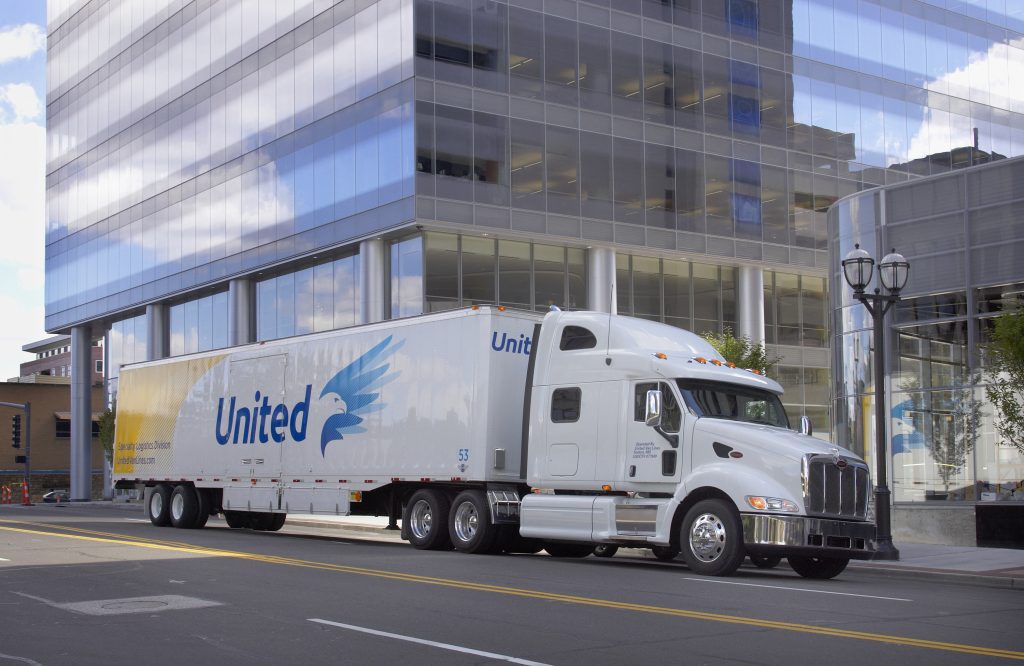Are you considering relocating to a rural area from the city? Moving from one type of setting to another can be a big decision. Both types of settings can come along with unique perks and pitfalls. Therefore, weighing the pros and cons before picking the right home to move into can help. Take a look at some pros and cons of living in the country versus residing within city limits.
Pro: Rural life offers more privacy in many cases
Generally, populations are not as dense in rural communities. If you have only ever lived in an urban area, you may be surprised to see how many fewer people you encounter while in a new country home. Rural homes tend to be further spaced apart, on larger tracts of land, and more private in general.
Con: Commutes can be longer and more costly
In the U.S, the average one-way commute takes just over 27 minutes. Most people prefer to live close to their workplace, one reason urban areas can be so heavily populated. In general, having more workplaces in a given place will naturally mean more nearby residents. In rural locations where there are not so many businesses, factories, or corporate offices, there are fewer residents. However, those residents likely have to drive further to work.
Pro: Rural living usually allows for pets when city life may not
Having pets in the city is more acceptable now than it has been in the past. For example, many apartment complexes allow tenants to have a small dog or cat as long as they pay a pet fee or sign a lease agreement claiming responsibility for any damage that pet may cause. Just the same, though, many urban dwellers prefer not to have pets. This may be because of a lack of space, concerns about pets bothering a neighbor, or no room to allow the pets outdoor time. However, when you live in a rural setting, there is less of a chance that pets will interfere with neighbors, and a pet can also be allowed outdoors more often.
Con: Utility availability can be different in some rural areas
When utility infrastructures are implemented, the population density is heavily assessed. For example, a company that offers fiber-optic internet will likely be looking to implement services in an area where it can get and retain the most customers. While this gives city dwellers access to options where utilities and services are concerned, this also often means rural dwellers don’t get the same options. A move to the country could mean fewer internet options, cable television options, and even fewer options for waste collection or home heating fuels.
Need Help with Your Rural Relocation?
Moving to the country can significantly change and reward the right person. If you need help moving your belongings from the city to a more rural way of life, reach out for a free moving quote to get the project started.



